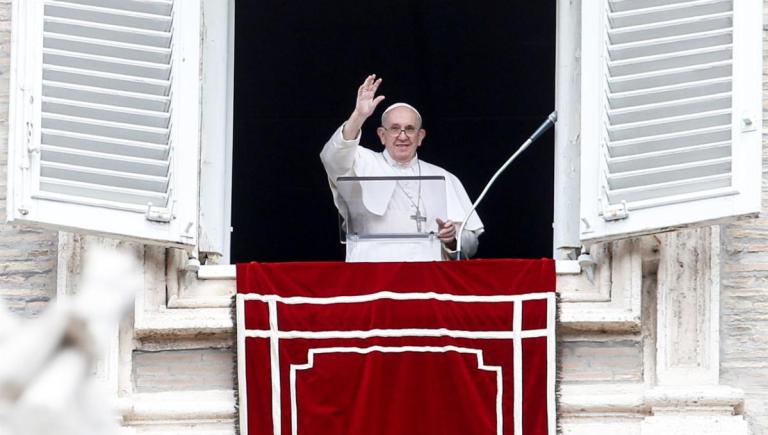“This system, with its relentless logic of profit, is escaping all human domain. It’s time to slow down the locomotive, a runaway locomotive that is leading us to the abyss. We are still on time ”, assured the pontiff, in a message on the occasion of the IV World Meeting of Popular Movements.
In it he stressed the need to change the current socio-economic system and asked governments, politicians, companies and religious leaders to help in this goal, while demanding “the release of patents” on vaccines, the cancellation of debt. of poor countries and the cessation of the destruction of “forests, wetlands and mountains” by large extractive corporations; of the contamination of rivers and seas, and of the poisoning “of towns and foods”.
–
He also asked powerful countries to stop aggressions: “No to neocolonialism,” he said, adding that the UN should be the body to resolve conflicts because “we have already seen how unilateral interventions, invasions and occupations end, although do under the noblest motives or garments ”.
He asked governments and politicians to “work for the common good”, be careful to “listen only to the economic elites” and “be servants of the peoples who cry out for land, shelter, work and a good life” and to the leaders religious that “we never use the name of God to foment wars or coups d’état”.
He also referred to “the protests over the death of George Floyd.” “It is clear that this type of reaction against social, racial or sexist injustice can be manipulated or orchestrated” but “that movement did not pass by when it saw the wound of human dignity struck by such an abuse of power.”
He mentioned “concrete measures that may allow some significant changes”, such as “urban integration, family farming, the popular economy. I would like to add two more to these, which still require us to continue working together to achieve them: the universal salary and the reduction of the working day ”.
He also claimed “a basic income (the IBU) or universal salary, so that each person in this world can access the most basic goods of life”, as well as a serious analysis of the reduction of the working day as a redistributive element of the workload among the population.
–


